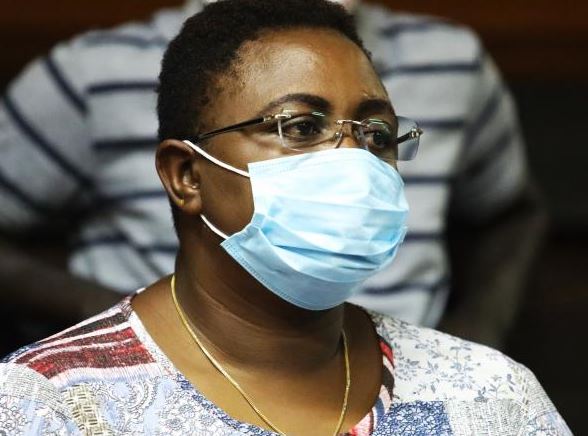×
The Standard e-Paper
Smart Minds Choose Us

There is a video clip circulating on social media of Malindi MP Aisha Jumwa (pictured) daring her male counterparts who, allegedly, threatened to cause her harm. She, potentially in a failed attempt to claim power over her body, now turned into the battle field, taunts the male politicians to make good on their threats.